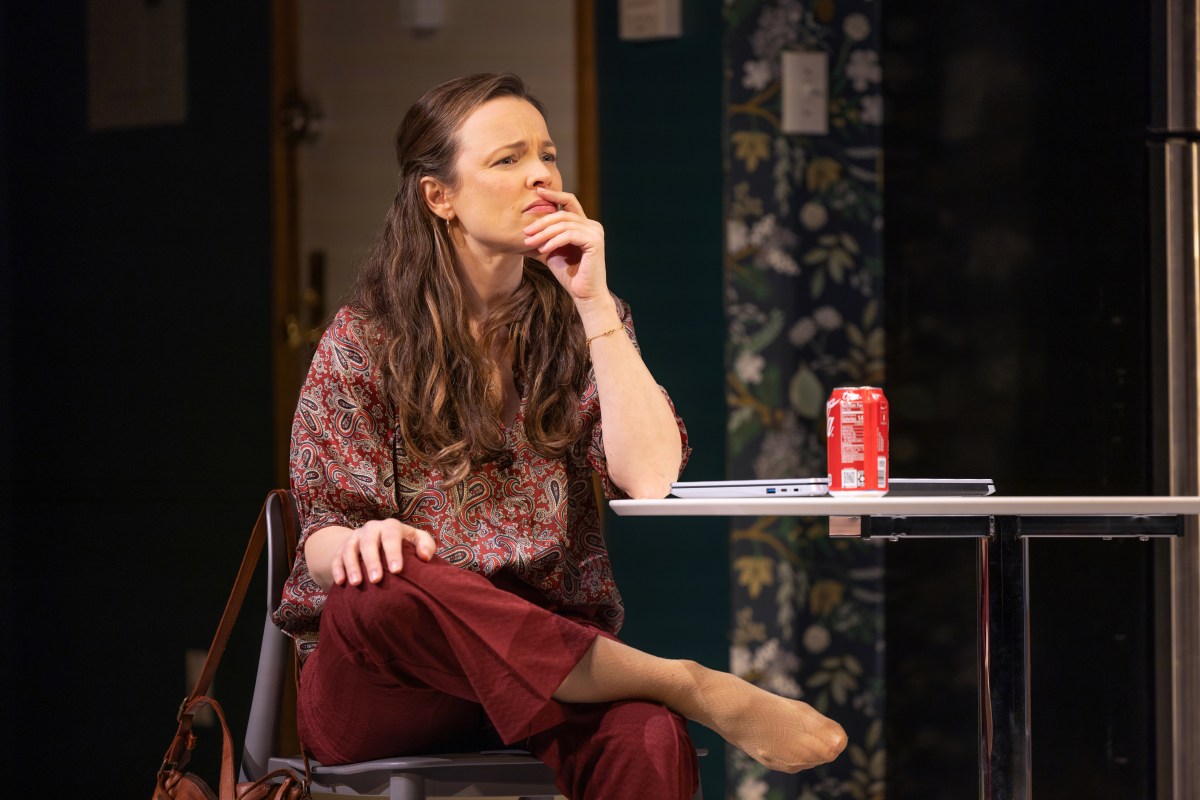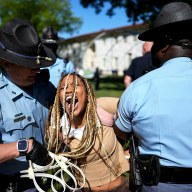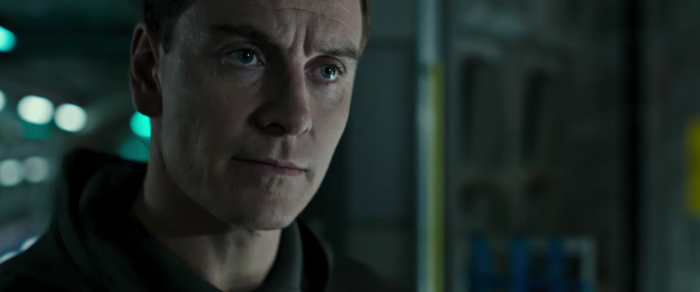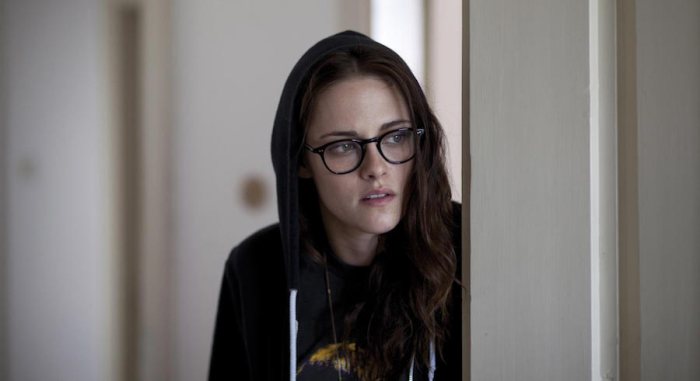Robert McKee, noted screenwriting guru, may have been immortalized in the Spike Jonze-Charlie Kaufman joint “Adaptation,” in which he was played by Brian Cox. But he was already a legend. Among aspiring screenwriters and wet-eared film students — and sometimes irritated cinephiles — his name is as (in)famous as that of Syd Field, the late author of how-to tomes like “Screenplay,” which try to give the art of movie-writing its own instruction manual. RELATED: The Skandies, the Internet’s oldest movie poll, names “Mad Max” best film of 2015 Well, now McKee is a movie reviewer, too. On his site, the teacher — whose seminars are packed with those desperate to break into one of the least glamorous and rewarding parts of Hollywood — has recently been writing pieces on last year’s films, most of them titles currently nominated for Oscars. Short version: He liked “Brooklyn,” “The Revenant,” “The Big Short,”,“Spy,” “Wild Tales,” “Trainwreck” and (with minor grumbling) “Inside Out.”(That latter has the “most effective use of allegory since George Orwell’s ‘Animal Farm'” — !!)He did not like“Carol,” “Spotlight” or “Room,” each of which he said “doesn’t work.” Each review is for the most part filtered through McKee’s philosophy about movies, in which the screenplay is primary and the structure can generically be dubbed “classical.” He likes empathetic protagonists fighting against odds or maturing; he dislikes experimental structures, as in “Room,” or films that, as he asserts about “Carol,” become too much about a hot topic. “Spotlight,” he suggests, shouldn’t have focused on the gruntwork of journalism but on the prosecuting lawyers, because that would have been more emotional. (This observation is almost as misguided as “Spotlight” director Tom McCarthy’s other 2015 film, “The Cobbler.”) RELATED: #OscarsSoWhite, “Mad Max”‘s many nominations and other Academy Awards thoughts McKee also disapproves of flashy cinematography, which he claims mars “Carol.” Ed Lachman’s camerawork too often, he argues, films characters through windows or through bar-like structures to show their feeling of imprisonment. “Anytime you come out of a film thinking the thought ‘Beautifully photographed,’ the film has, in fact, failed,” he crows. It’s de rigueur among weathered film snobs to roll eyes at McKee and his impossibly rigid rules for filmmaking, and not without good reason: It’s not that he’s old school, but that he’s disinterested, if not actively hostile, to diversity in filmmaking. He believes in film as storytelling first and foremost, which fair enough; most moviegoers would agree with him. He also believes in an invisible directing style that was most prevalent during the Golden Age, when directors by and large (with countless, countless exceptions) tried to work in service of the material. Nevermind that since the 1950s, many who study classic Hollywood filmmaking have tried to unpack how legends like Howard Hawks, John Ford and William Wyler thoughtfully arranged shots, quietly asserting signature styles without overtly calling attention to same. Also, Alfred Hitchcock films have amazing photography. All this said, McKee is flat-out overreacting to “Carol,” which is at once an embrace of the 1950s style and a subversion of it. Viewers may not even notice the copious shots of actors through translucent surfaces, yet still read them on an emotional, not purely studied, level. RELATED: Why Leonardo DiCaprio shouldn’t win his “Revenant” Oscar And saying that Phyllis Nagy’s script, based on Patricia Highsmith’s novel “The Price of Salt,” completely switches genres, from “Love Story” to “Social Drama,” means ignoring that a) the romance becomes stronger in the second half and b) the two are intertwined. It’s a film about women in love in the 1950s; the notion that the practical obstacles (angry husbands, snooping P.I.s, custody battles, etc.) are mere “cliches” suggests the script should have ignored the era entirely. McKee has such a narrow definition of “what works” that he’s blind to see the film actually conforms to one of his favorite genres: the movie about overcoming adversity. It’s about two people forced to navigate around countless practical obstacles en route to that doozy of a final shot. Even if it didn’t play to McKee’s definition of quality screenwriting, it’s still a film that hurts. I.e., it works. RELATED: Review: “Carol” is Todd Haynes’ detached but passionate look at women in love But we should know better than to fight with McKee. Just look at what happened when Nicolas Cage’s “Charlie Kaufman” challenged him in “Adaptation.” (Which, to his credit, he did more or less like.) OK, one last dig: In his generally rapturous review of “Mad Max: Fury Road” — in which he actually spends most of the first half gushing over George Miller’s kinetic direction — he notes that it fails to feature what he calls a “core event”: the one that firmly establishes the villainy of the villain and nobility of the hero. True dat! And one reason the film works so well is it ditches this entirely, opening in media res and coaxing the viewer to piece together the backstory — not all of it; just the germane parts — as the vehicles storm across the desert. But we digress.
Screenwriting guru Robert McKee reviews films now, dislikes ‘Carol’
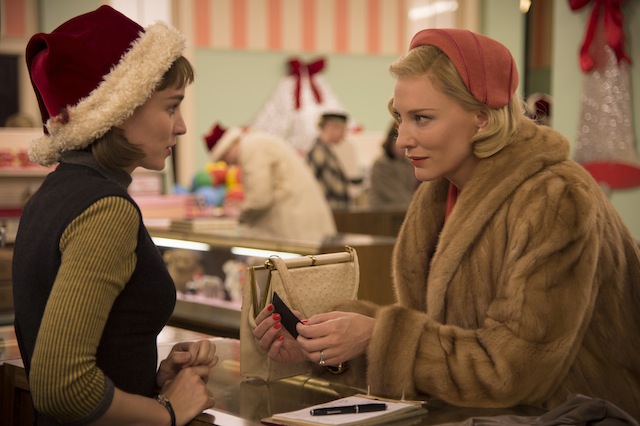
The Weinstein Company
Follow Matt Prigge on Twitter @mattprigge





